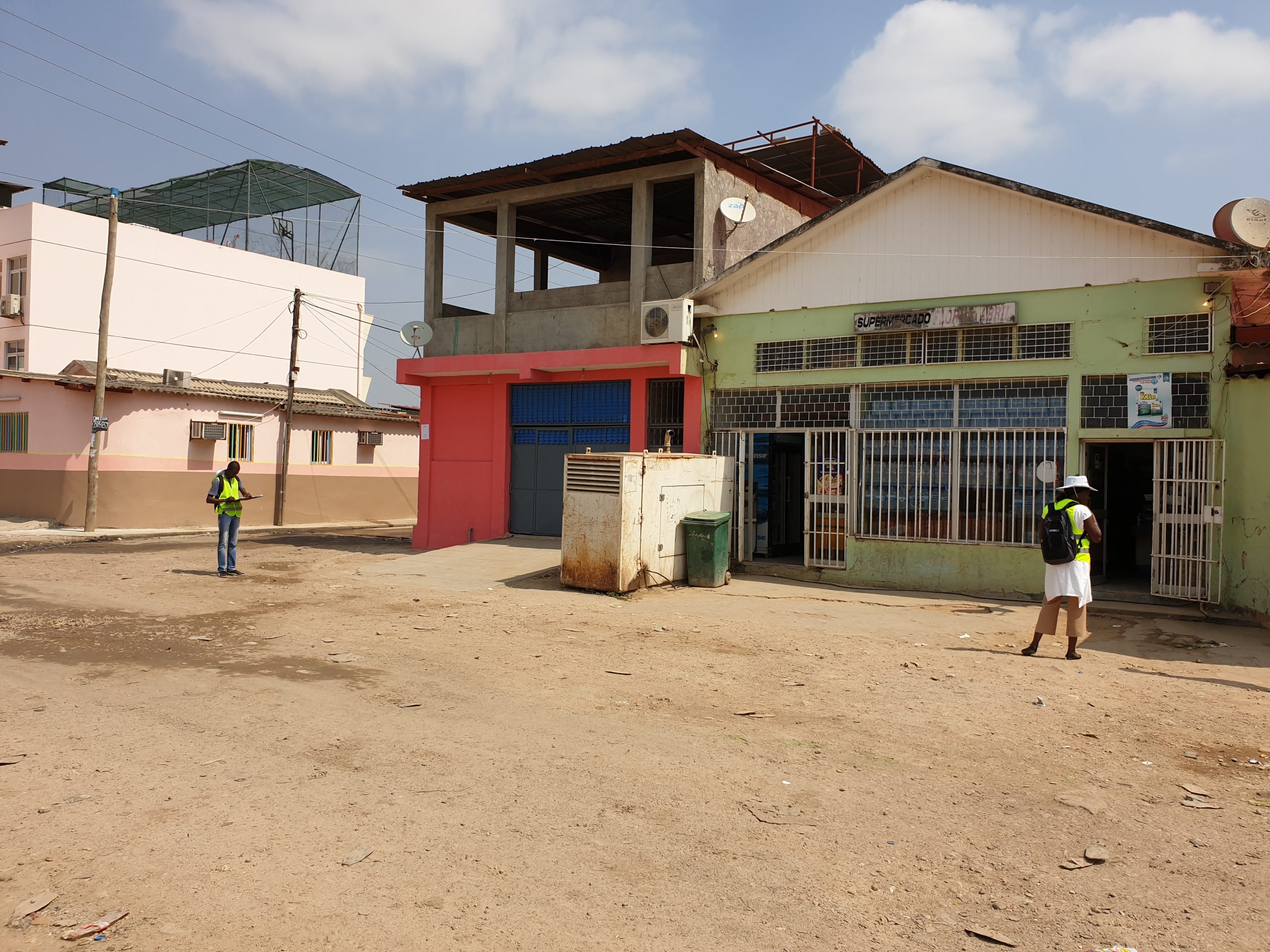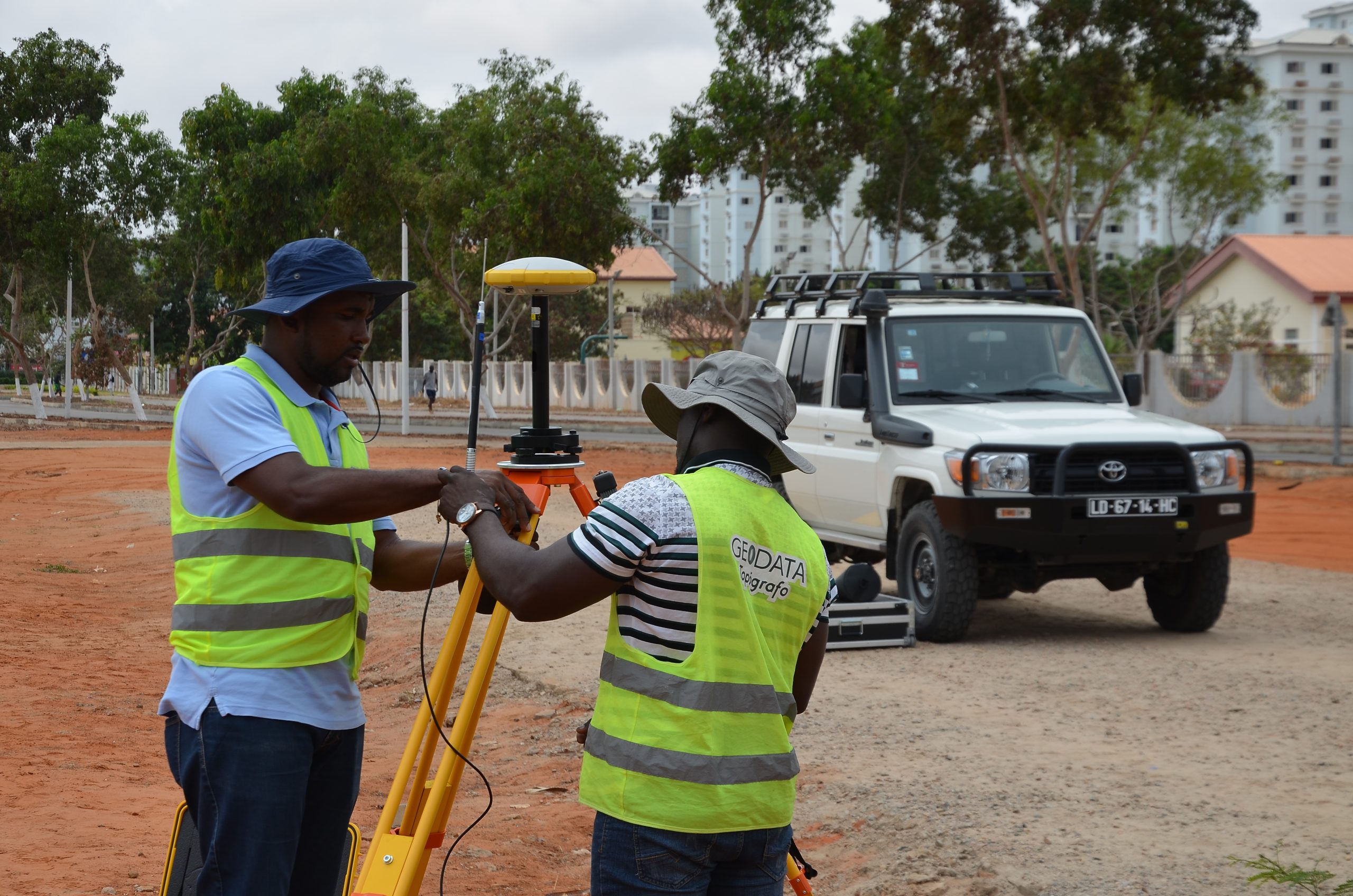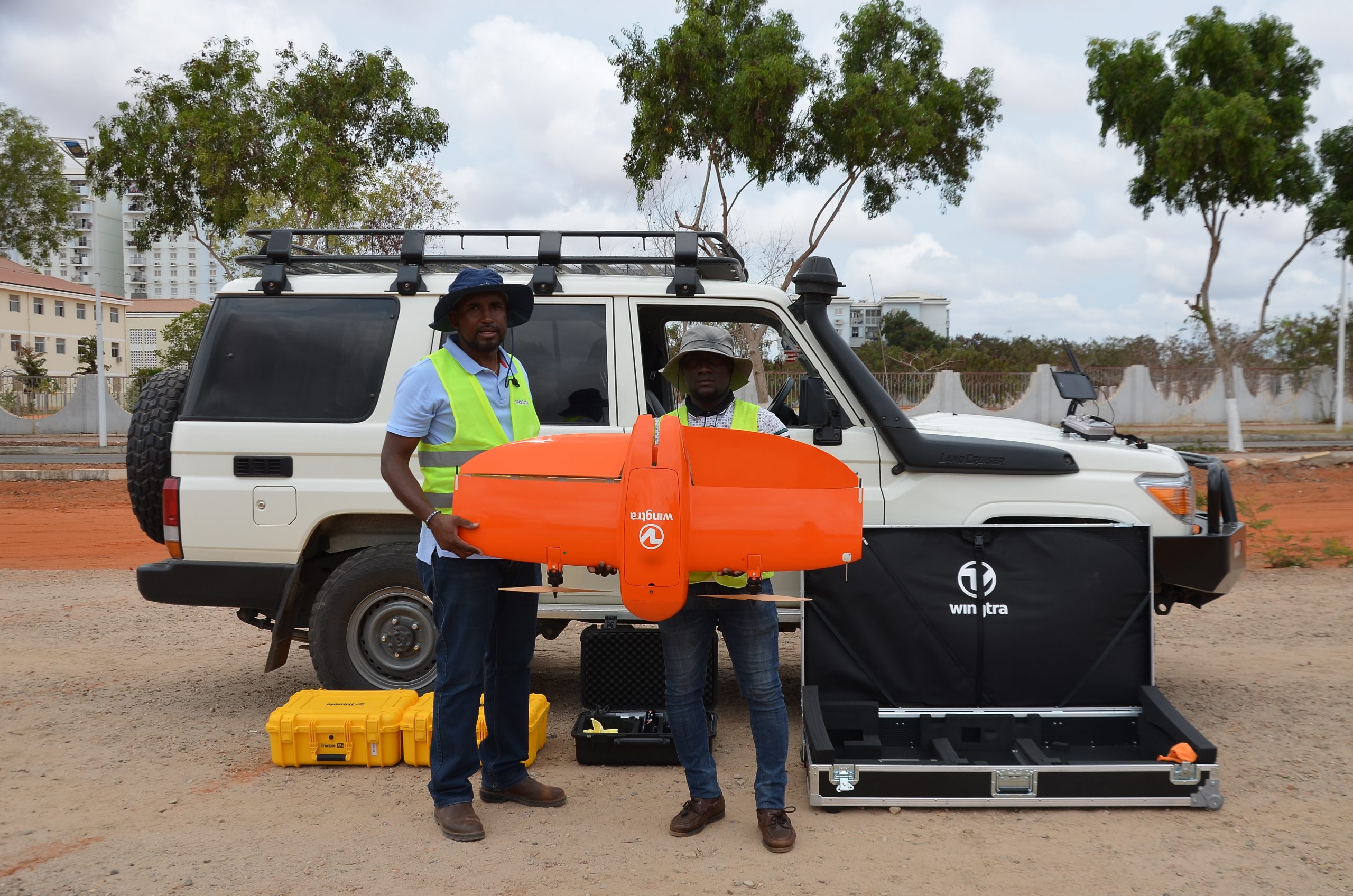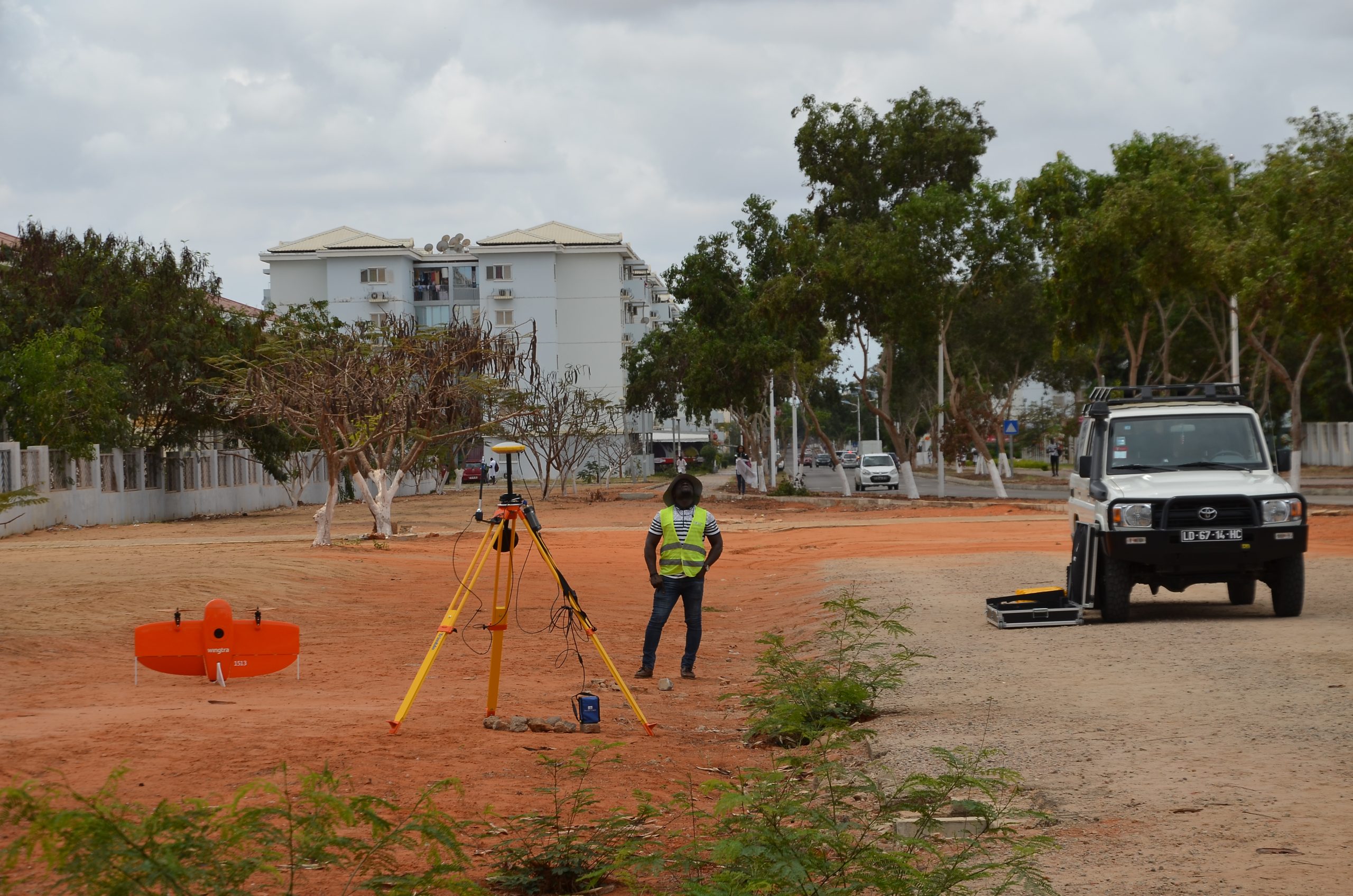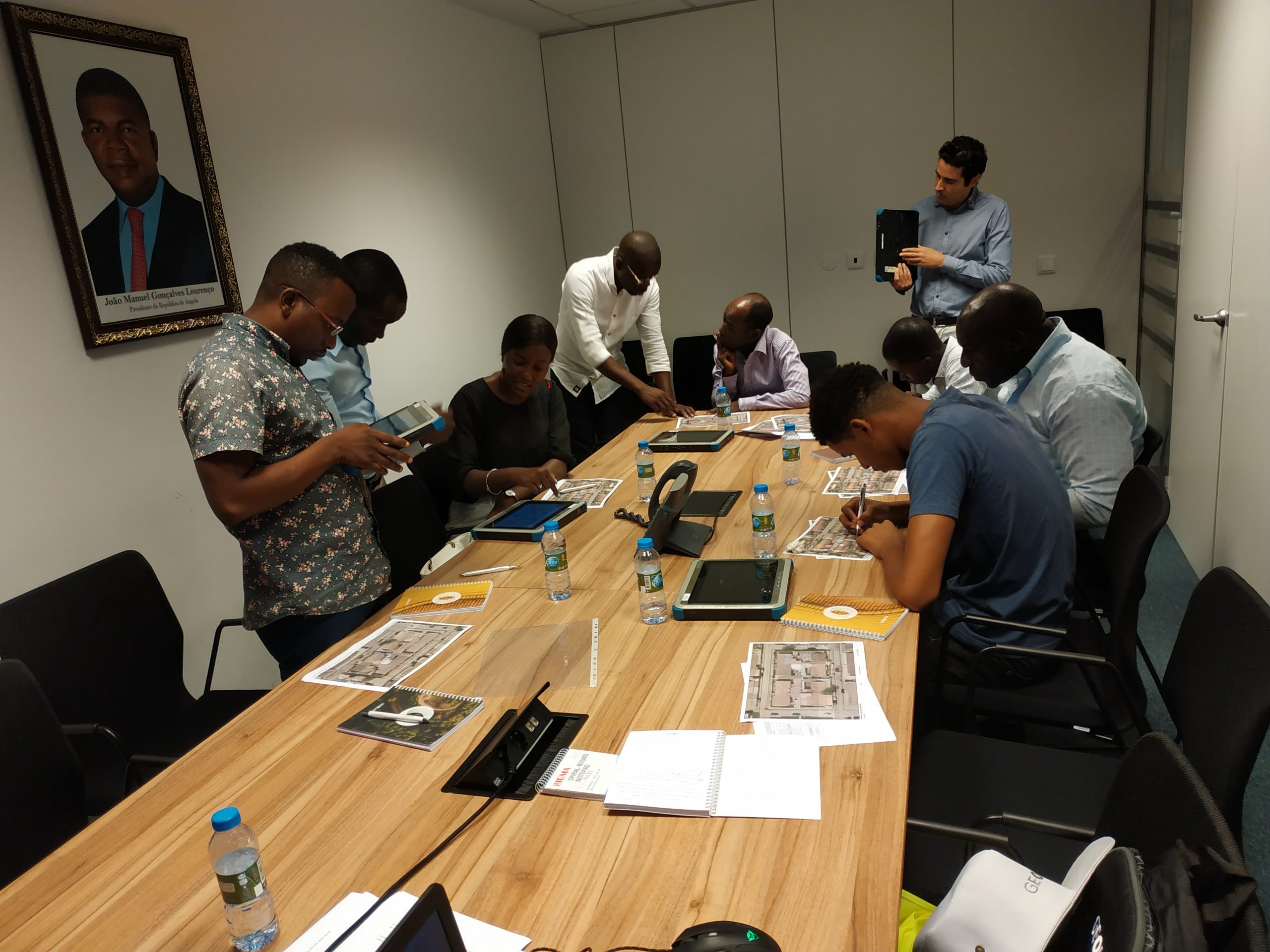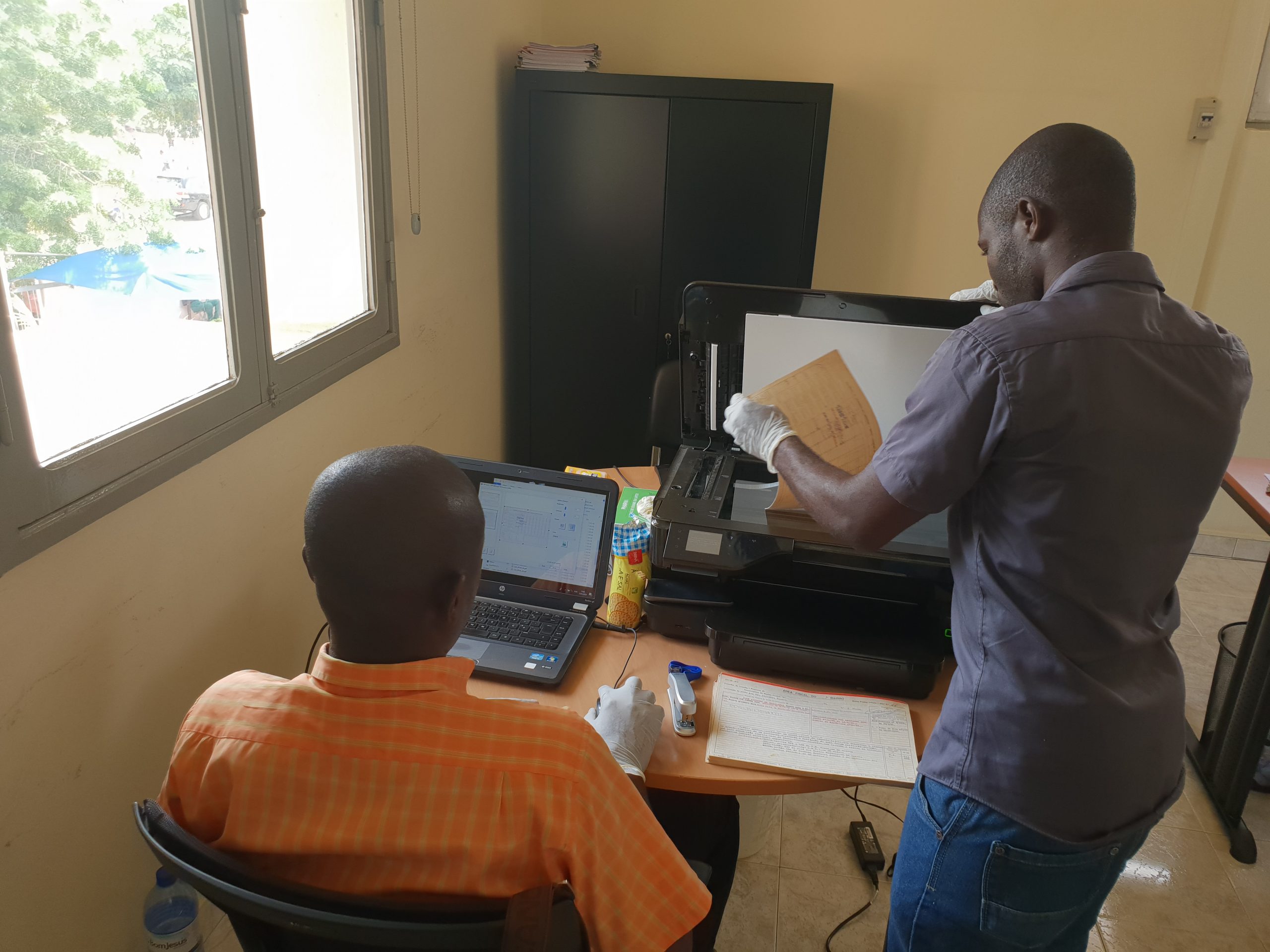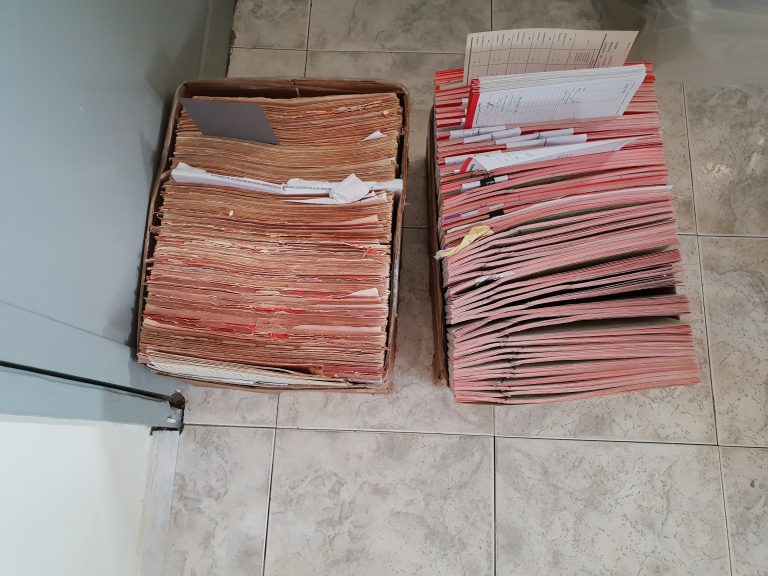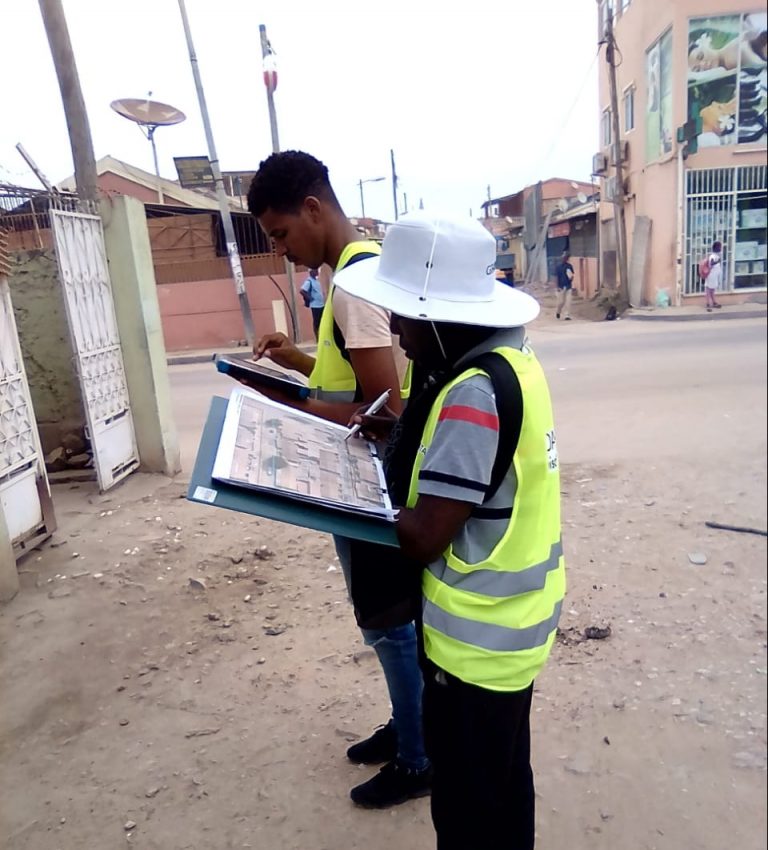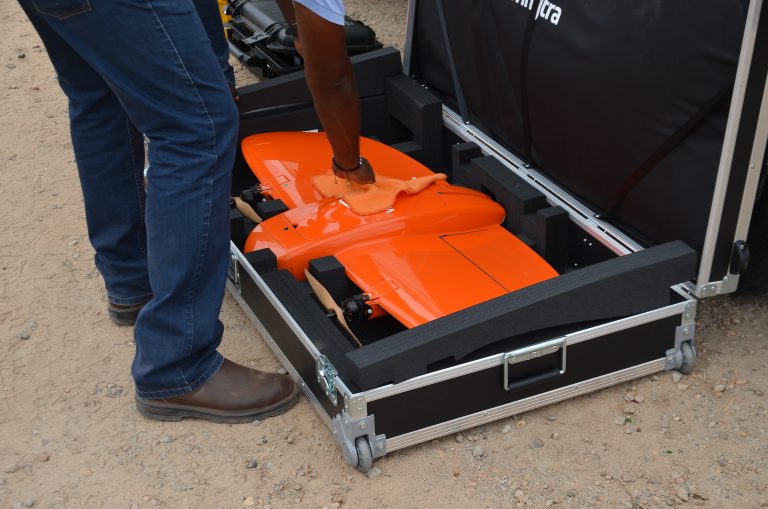Project story
Geodata’s project included GNSS renovation and maintenance for 18 provincial stations, assuring highly accurate geodetic measurements. State-of-the-art drones and aerial surveys provided
A constantly updated address database of more than 50,000 structures, updated road names, photos of building facades, points of interest, elevation models and natural resources, creates an impressive bank of knowledge.
